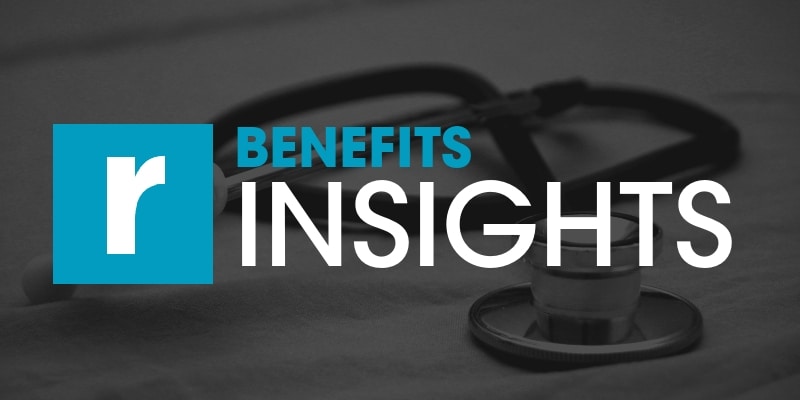15 May EEOC Delays EEO-1, EEO-3 and EEO-5 Reports Until 2021
Due to the COVID-19 pandemic, employers and unions that are subject to equal employment opportunity (EEO) reporting under Title VII of the Civil Right Act will not be required to file EEO surveys in 2020, the U.S. Equal Employment Opportunity Commission (EEOC) announced on May 8, 2020. Download the complete “EEOC Delays EEO-1, EEO-3 […]


 A dependent care assistance program (DCAP) allows employees to pay for qualifying dependent care expenses, such as day care expenses, on a tax- free basis, up to certain limits. With many schools and day care facilities closing due to the COVID-19 outbreak, employees may want to change the amount of their DCAP contributions.
A dependent care assistance program (DCAP) allows employees to pay for qualifying dependent care expenses, such as day care expenses, on a tax- free basis, up to certain limits. With many schools and day care facilities closing due to the COVID-19 outbreak, employees may want to change the amount of their DCAP contributions.